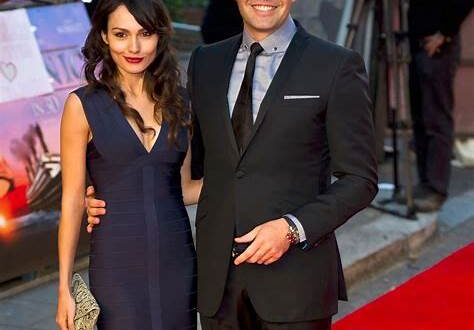John Heder will forever be remembered as the awkwardly charming Napoleon Dynamite, the high school outsider who danced his way into cult film history. That role, with its mix of deadpan line delivery and earnest eccentricity, was such a sensation that for a time it seemed to define him completely. But Heder has spent the years since proving that he is far more than one unforgettable character. His career has been an exercise in longevity, reinvention, and a steady refusal to be confined by anyone else’s expectations.
Born in Fort Collins, Colorado, and raised in Oregon, Heder’s roots were far from Hollywood, but his comedic instincts set him apart early. He studied film at Brigham Young University, where he began honing the timing and physical presence that would eventually carry him to international fame. His student short film performance laid the foundation for what would become Napoleon Dynamite, a quirky indie project made on a shoestring budget that somehow transformed into a cultural juggernaut. The film’s success was the kind of phenomenon that changes the course of a young actor’s life overnight.
That kind of breakout can be both a blessing and a curse. For Heder, it meant instant recognition but also the risk of being typecast. To his credit, he leaned into the comedy for a while, appearing in studio comedies alongside heavyweights like Will Ferrell in Blades of Glory. He showed he could hold his own in broader, louder projects without losing the understated rhythm that made him unique. He did television work, voice roles, and steadily kept his career alive in the years when Hollywood can be quick to pigeonhole. What set him apart was his ability to remain likable even in characters that could easily have become caricatures.
Yet what is most remarkable about Heder today is his turn toward more serious, layered work. In recent years, he has taken on roles that give him the opportunity to dig deeper, to reveal textures beyond the goofy charm and slack-jawed delivery. His performance as Bernard Judge in Waltzing with Brando is perhaps the strongest evidence yet that he is more than a comedic actor with a cult hit under his belt. As the architect tasked with wrangling Brando’s larger-than-life ambitions, Heder brings a quiet power to the screen, embodying both patience and mounting frustration with nuance that surprises many who thought they already knew what he could do. His Bernard is grounded, sympathetic, and painfully human, the perfect counterpoint to Billy Zane’s mercurial Brando.
This performance is not just a career shift but an evolution. It’s the moment when audiences who laughed at Napoleon’s dance routine years ago suddenly see an actor capable of carrying gravitas. His stillness, once played for laughs, becomes a tool for dramatic tension. His timing, once comedic, now reveals itself as finely tuned control. Heder has shown that he is not just an actor with one great cult success, but a performer with genuine range.
Part of what makes him fascinating is the way he has navigated fame with humility. He has always seemed less concerned with chasing celebrity than with choosing projects that interest him, no matter how small. That deliberate pacing may have kept him from the tabloid glare, but it has also given him the chance to find himself as a performer, free of the suffocating expectations that can overwhelm overnight stars. When he surfaces now in a role like Bernard, it feels earned, like the culmination of years of learning to trust his instincts and sharpen his craft.
John Heder’s story is ultimately one of quiet perseverance. He may not have chased the spotlight relentlessly, but he has managed to remain in the conversation through authenticity and the occasional surprise. From a cult classic that became a generational touchstone to a new wave of work that demands recognition, Heder has shown that he is still very much an actor to watch. He may never entirely escape the shadow of Napoleon Dynamite—and perhaps he wouldn’t want to—but with his latest performances, he’s writing a second act that is no less memorable.




